Introduction
Electric scooters have become increasingly popular in India, offering a clean and economical mode of transportation. With a plethora of options available, we have curated a list of the top 10 electric scooters, encompassing a mix of well-established and emerging brands. These eco-friendly alternatives not only contribute to a greener environment but also promise reduced maintenance and operational costs, making them an attractive choice for the discerning Indian consumer.
1. Ather Energy 450x Gen 3
Ather Energy has set the bar high with the Ather Energy 450x Gen 3, showcasing a third-generation iteration of its flagship electric scooter. Released in July 2022, this model boasts a more powerful electric motor, generating an impressive 8.7 bhp of power. The ARAI-certified riding range has been extended to 146 km. Noteworthy is the incorporation of an all-aluminum frame, elevating the scooter’s overall build quality. The enhanced digital dashboard with increased RAM further refines the user experience. From ride quality to construction, the Ather 450x Gen 3 stands as one of the most premium electric scooters on Indian roads.
Price: Rs 1,39,000 (ex-showroom)
Pros:
- Premium design
- Good riding range and speed
- Best-in-class features
Cons:
- Expensive
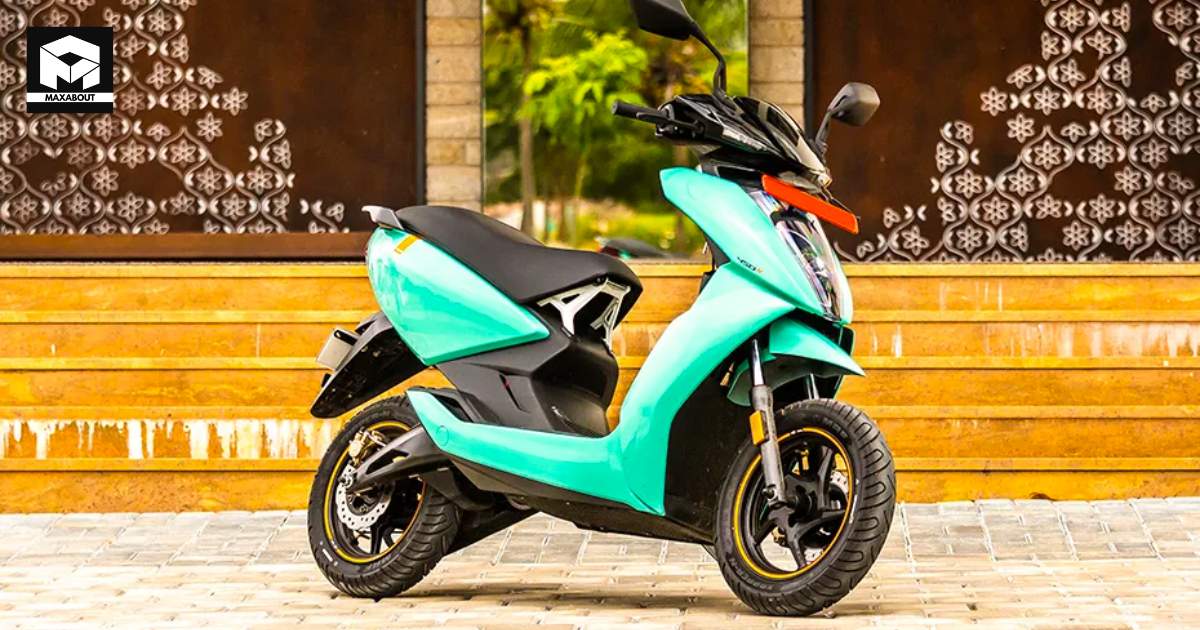
2. Hero Electric Optima CX (Dual-Battery)
Hero Electric, under the leadership of Sohinder Singh Gill, remains a prominent name in the EV industry. The Hero Electric Optima CX, especially in its dual-battery configuration, offers a commendable certified range of 140 km per charge cycle. Notably, the detachable battery enhances convenience, allowing users to charge the battery at home without reliance on mobile charging stations. With a peak speed of 45 kmph, it is well-suited for urban commutes. Additional features include a digital instrument cluster, a USB port for mobile device charging, and regenerative braking to extend the riding range.
Price: Rs 85,190 (ex-showroom, Delhi)
Pros:
- Great riding range
- Detachable battery for easy charging
- Essential features included
Cons:
- Slow charging
- No cruise control
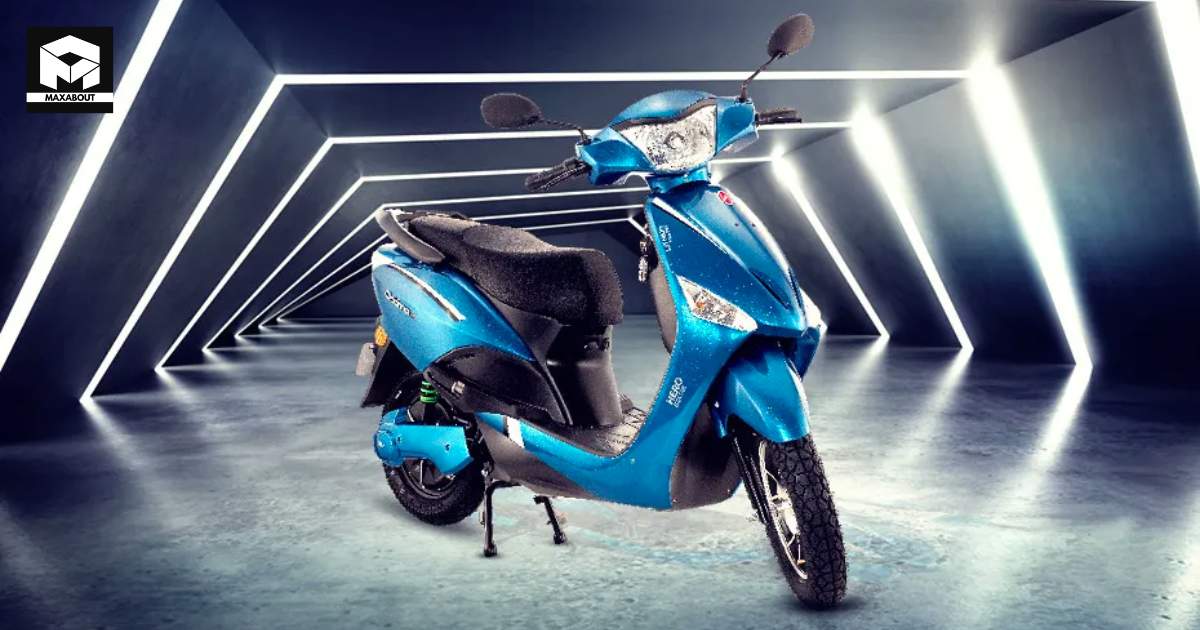
3. Bajaj Chetak
Bajaj Chetak, a revered name in the past, is making a comeback in its electric avatar. Melding old-world charm with contemporary aesthetics, the scooter offers a range of up to 108 km. The battery, designed to last for 70,000 kilometers or 7 years, features quick charging, capable of reaching 25 percent charge in just an hour and a full charge in 5 hours. The robust steel body is built to withstand the test of time, accompanied by an IP67 water and dust-resistant rating. While undeniably premium, the price point may be a consideration for some.
Price: Rs 1,21,000 (ex-showroom)
Pros:
- Good durability
- Fast charging
- Iconic brand appeal
Cons:
- Expensive
- Range may be limited for the price
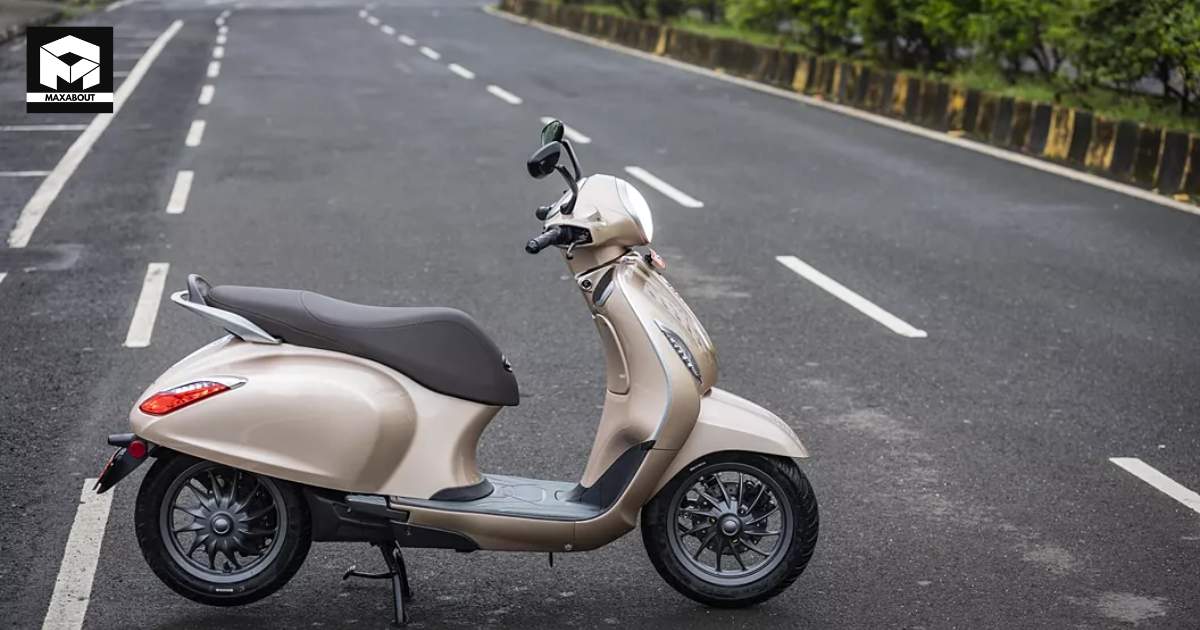
4. Ola S1 Pro Gen2
Ola’s foray into electric two-wheelers is marked by the Ola S1 Pro Gen2, positioned as a premium offering. Boasting a claimed range of 195 km on a single charge and a top speed of 120 km/h, the Ola S1 Pro accelerates from zero to 40 km/h in a mere 2.6 seconds. Under the hood lies a 4kWh battery pack, taking 6.5 hours to charge at home, complemented by Ola’s Hyperchargers across cities. Unique features include Party mode, Vacation mode, and over-the-air updates through Ola’s MoveOS.
Price: Rs 1,47,499 (ex-showroom)
Pros:
- Good range
- Packed with features
- Among the most popular
Cons:
- Reports of quality issues
- Software glitches in infotainment
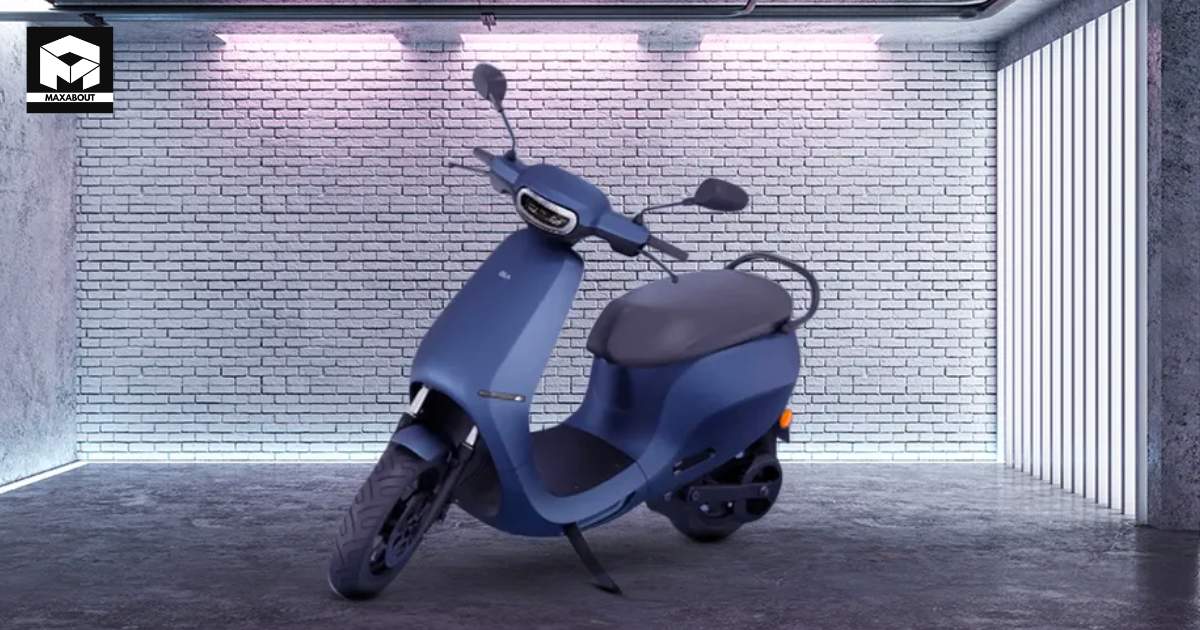
5. Hero Vida V1
Hero Motocorp’s sub-brand, Vida, recently entered the electric scooter market with the Hero Vida V1. Available in two variants, Vida V1 Plus and Vida V1 Pro, these scooters boast a top speed of 80 kmph. The V1 Pro accelerates from 0 to 40 kmph in 3.2 seconds, while the V1 Plus takes 3.4 seconds for the same distance. Both models offer a range of 163 km and 143 km, respectively. Equipped with a portable battery pack, charging from 0 to 80 percent takes less than 65 minutes. Smart features such as parking assistance, location navigation, and a 7-inch touch display add to the overall appeal.
Price: V1 Plus – Rs 1,28,000; V1 Pro – Rs 1,39,000 (ex-showroom)
Pros:
- Portable battery for charging
- All-round robust design
- Decent pickup times
Cons:
- Range slightly on the lower side as compared to the competition
- Some may not find top speeds adequate
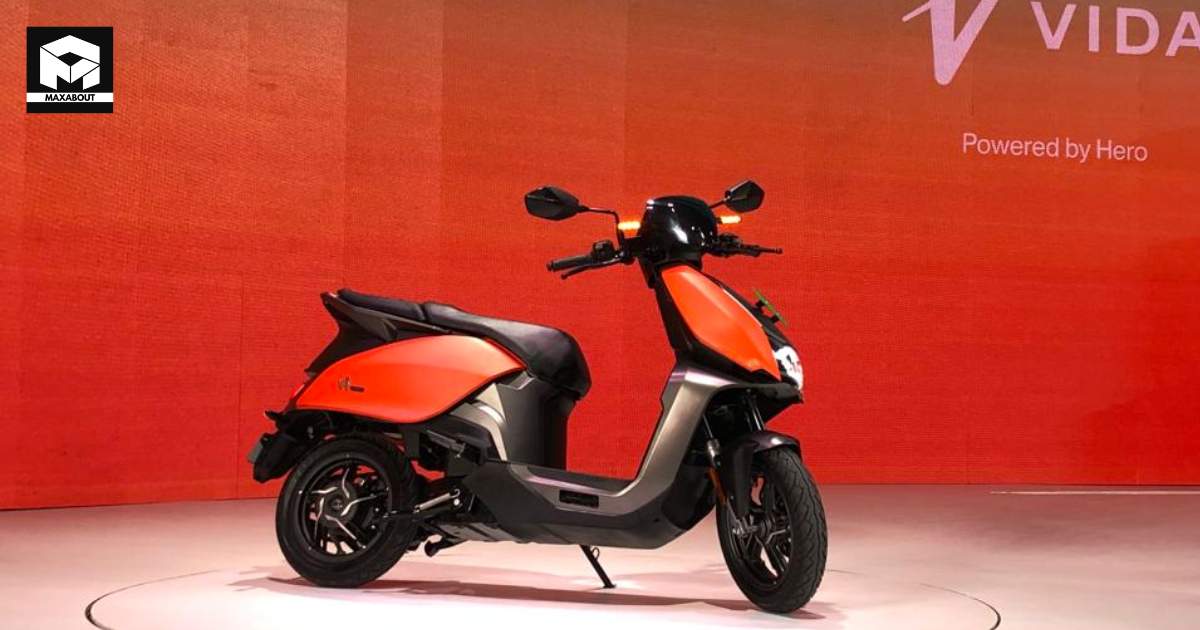
6. TVS iQube ST
TVS iQube ST distinguishes itself with a more conventional design, emphasizing practicality. Offering one of the largest boot spaces in its segment, capable of accommodating two full-sized helmets, the iQube ST stands out. With a peak riding range of 145 km in economy mode and 110 km in performance mode, it reaches a commendable speed of 82 kmph. The 7-inch touchscreen integrates Amazon Alexa voice assistant, Bluetooth music playback, and social media notifications, all while prioritizing safety. In summary, the iQube ST from TVS is a robust and reliable electric scooter, available in four color variants.
Price: Rs 1,09,256 (ex-showroom, Delhi)
Pros:
- Excellent range
- Rich set of features
- Four body colors available
Cons:
- Looks bulky
- Alexa functionality can be patchy
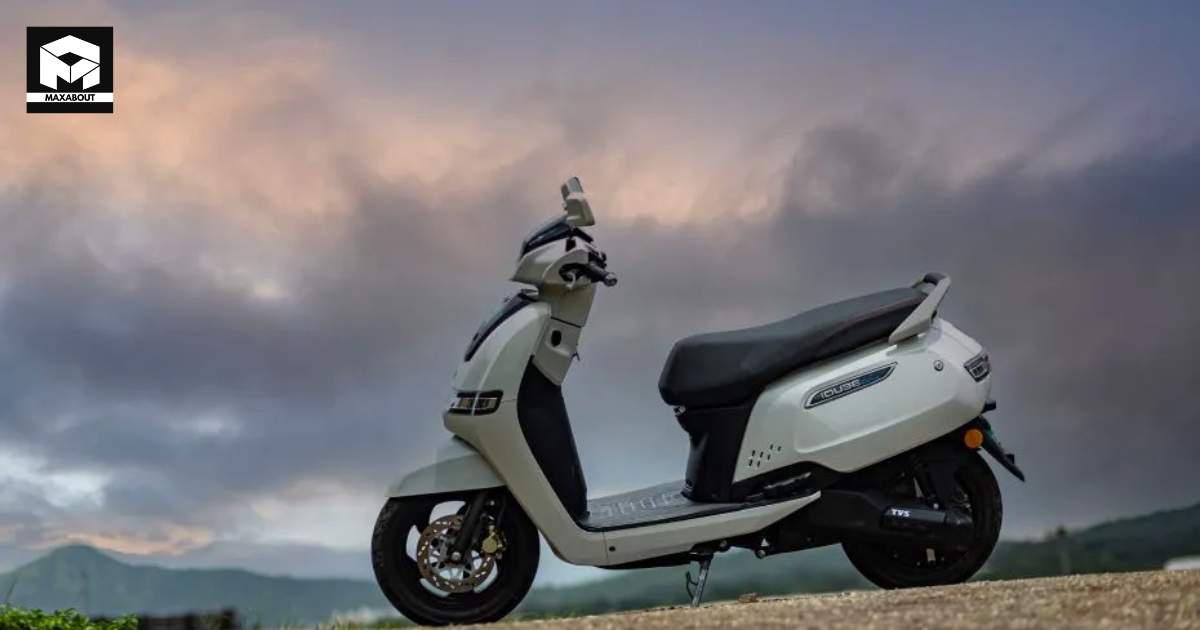
7. Okinawa Praise Pro
Okinawa, an Indian brand, presents the Praise Pro as a leading offering in the e-bike segment. Characterized by a fiber-based body, alloy wheels, and a digital dashboard, the Praise Pro combines style with functionality. Featuring a switch for toggling between Eco and Sport modes, riders can further enhance speed with the Turbo mode.
Pros:
- Stylish design
- Ample footbed space
Cons:
- Less accurate speedometer
- Not enough seating space for two passengers
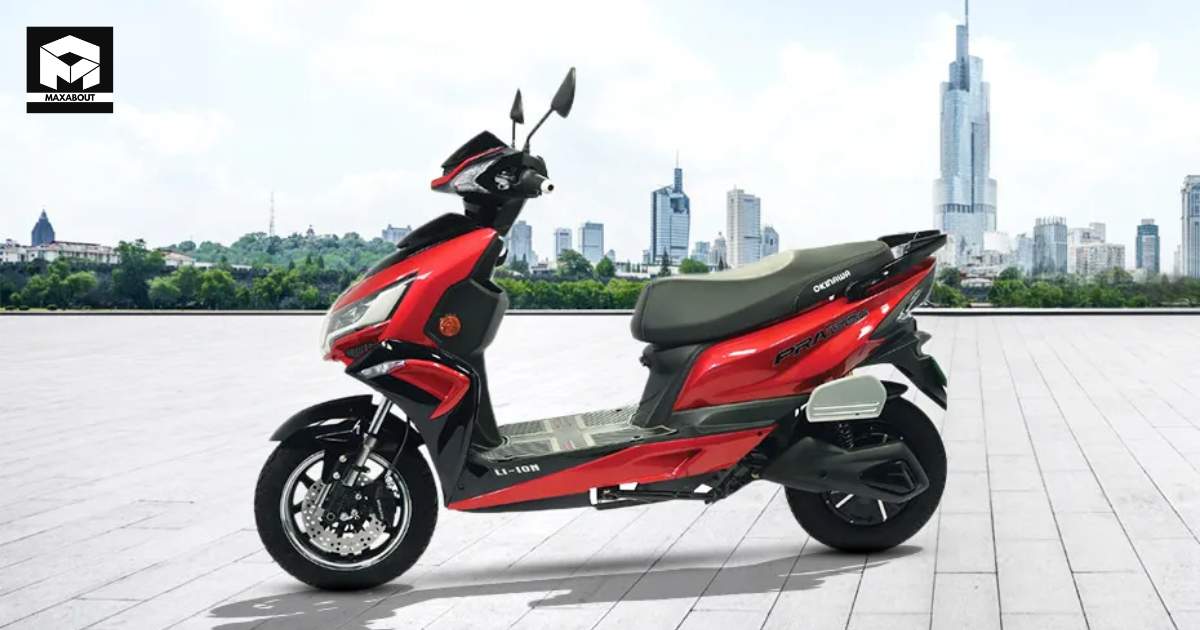
8. TVS X
TVS X holds the distinction of being India’s most expensive electric two-wheeler. Its robust and futuristic design sets it apart from other electric scooters. Boasting an IDC range of 140 km, powered by a 4.4kWh battery unit, the electric motor delivers a peak power of 11kW and 40Nm of torque. Charging options include a 3kW fast charger for 50 percent charge in 50 minutes and a 950W portable charger for 80 percent charge in 4 hours and 30 minutes. The 10.25-inch HD display provides crucial vehicle stats, adding to the overall allure.
Price: Rs 2,50,000 (ex-showroom)
Pros:
- Distinctive look and design
- Good riding range
- Great set of features
Cons:
- Pricing is on the higher side
- No swappable battery
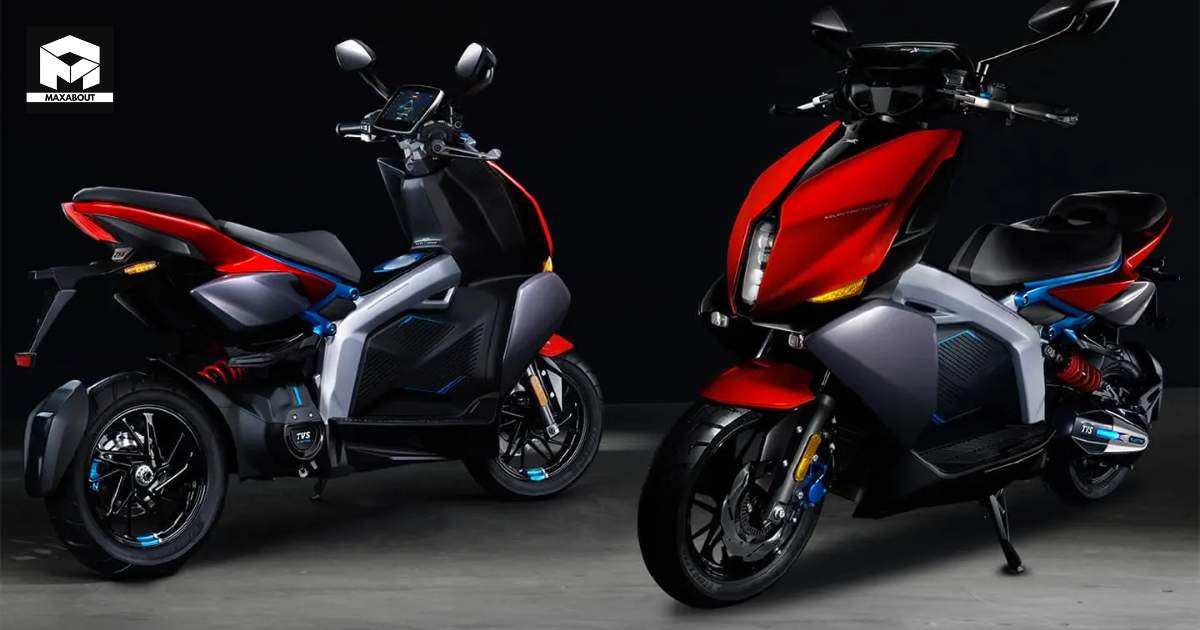
9. Ampere Primus
Recently launched in the Indian market, the Ampere Primus sports a stylish and sporty appearance. Equipped with a 4 kW motor, it achieves top speeds of 77 kmph, accelerating from 0 to 40 kph in 4.2 seconds. The 3kWh battery offers a claimed range of 107 km in Power mode on a single charge. Riding modes include City and Eco, catering to diverse preferences. The battery takes up to 5 hours to charge using a 5A outlet. Noteworthy features include a digital instrument cluster, reverse mode, Bluetooth connectivity, and more.
Price: Rs 1,10,000 (ex-showroom)
Pros:
- Reverse mode
- Modern and flashy looks
Cons:
- Slow charging speeds
- No swappable battery
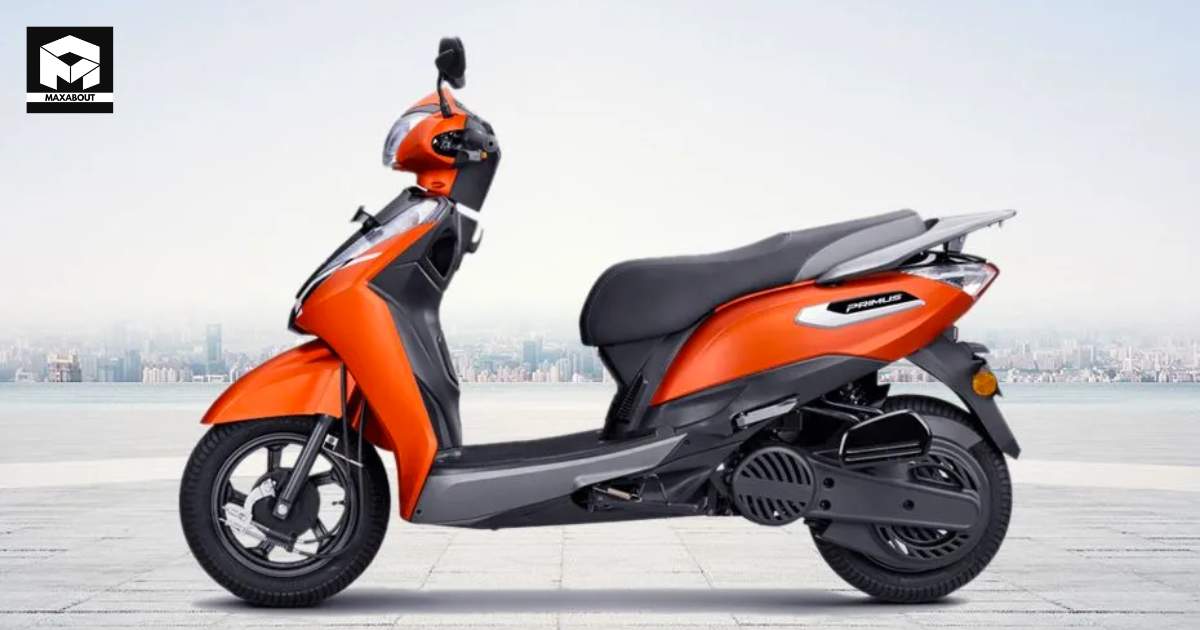
10. Ola S1X+
The Ola S1X+, the highest-end model in the S1X series, made its debut during Ola’s annual event. Featuring an ARAI range of 151 km and top speeds of up to 90 kmph, the S1X+ accelerates to 60 kmph from a standstill position in 5.5 seconds. The 3kWh battery pack takes 7.4 hours to charge using a 500W charger. Driving modes include Eco, Normal, and Sports, allowing riders to optimize the range. The scooter boasts a 5-inch LCD-based instrumental cluster, providing access to features of Ola’s proprietary software, MoveOS.
Price: Rs 1,09,999 (ex-showroom); Deliveries begin by the end of September 2023
Pros:
- One of the most affordable EVs
- Multiple variants to choose from
Cons:
- No swappable battery
- Charging speeds are on the higher side
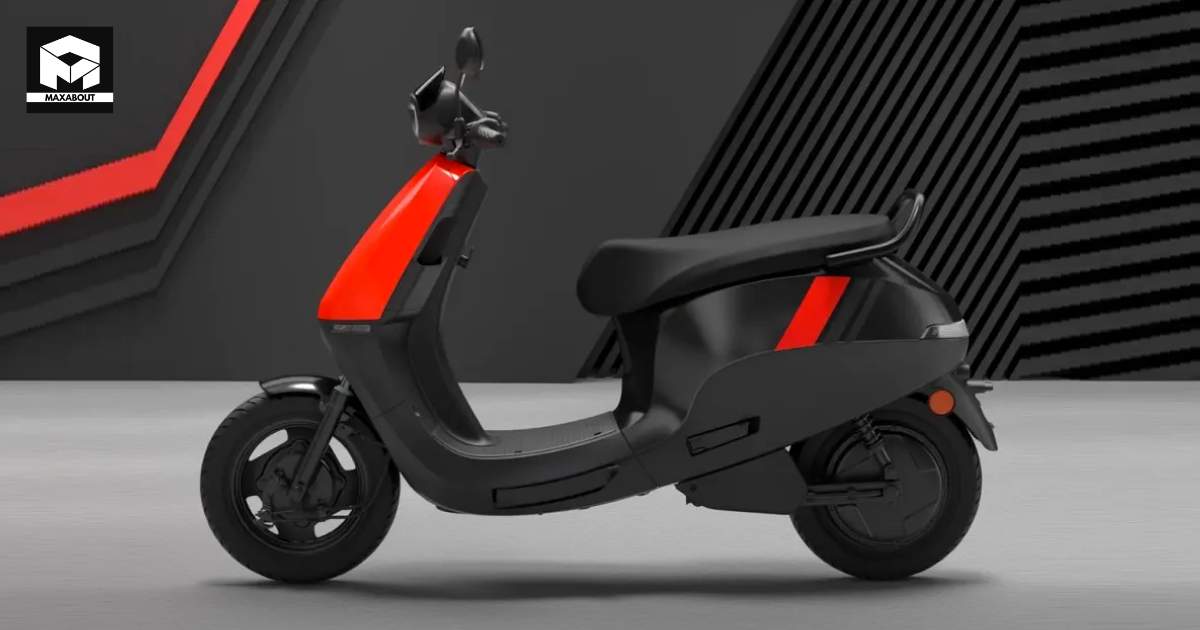
As electric scooters continue to gain popularity in India, consumers are presented with a diverse range of options catering to various preferences and requirements. When selecting an electric scooter, considerations such as range, charging time, features, and pricing should guide the decision-making process. The evolving electric scooter market in India promises a future where sustainable and efficient commuting becomes the norm.
2024-01-22 17:39:06
